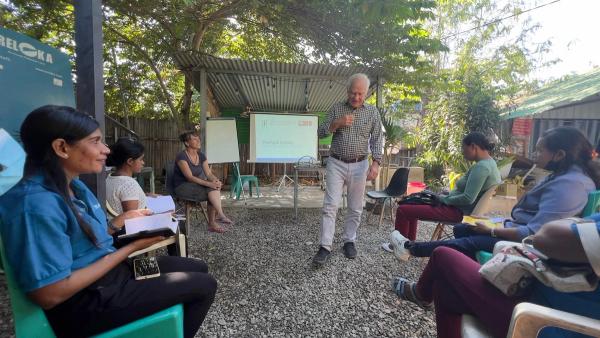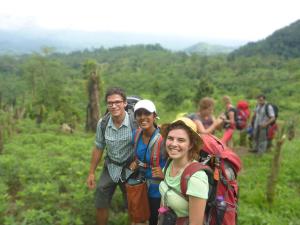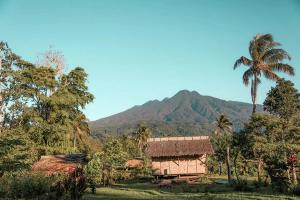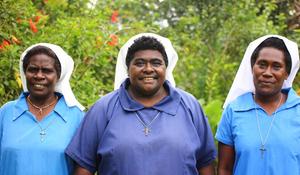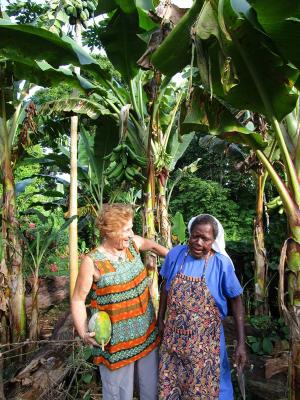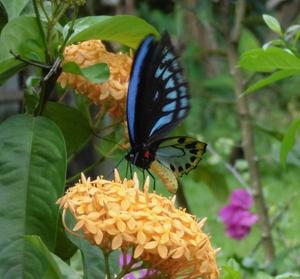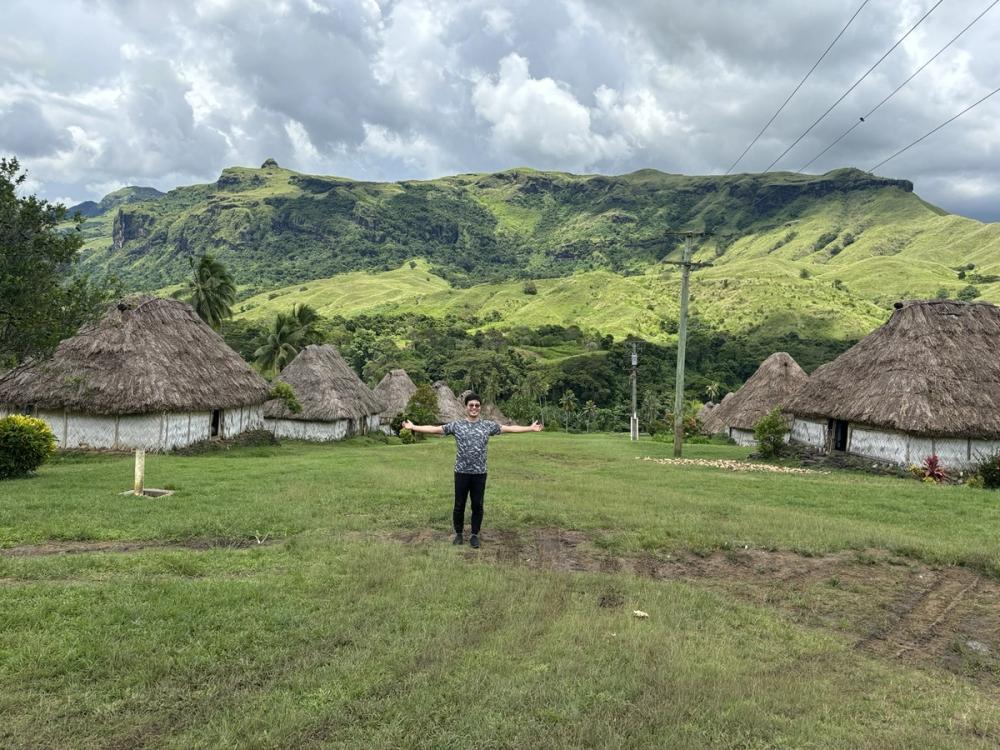

Fiji
A diverse nation with deep tradition and regional leadership
Fiji is a Pacific Island nation of remarkable diversity, with strong communal roots among its Indigenous iTaukei people, and vibrant cultural influences from Indian, Chinese, European, and neighbouring Pacific societies. It is also home to the culturally distinct communities of Rotuma, Rabi, and Kioa—resettled from Tuvalu and Kiribati. Together, these groups contribute to a rich multicultural national identity.
Known for its pristine coral reefs, tropical forests, and clear lagoons, Fiji is also recognised for its leadership in Pacific regional development. The traditional concept of vanua (land) underpins Fijian life and values. Today, the country focuses on key national goals such as youth employment, gender equality, education and health outcomes, poverty reduction, and environmental sustainability.
Our work in Fiji
VSA began volunteering in Fiji in 1966, originally focusing on education and agriculture. After a period of political instability, operations resumed in 2013 with new partnerships emphasising gender equity, sustainable development, and regional collaboration.
Our current programme includes:
1
Good health and wellbeing
To improve healthcare access, health literacy, and community support systems, our volunteers will work with partners like Ministry of Health, Model Towns Charitable Trust, Cure Kids Fiji, Fiji Disabled Federation.
2
Thriving businesses and sustainable livelihoods
Supporting sustainable farming practices, food security, and climate-resilient approaches. And promoting vocational education and training and community-based eco-tourism initiatives.
3
Clean, healthy and sustainable environment
Supporting partners with volunteers who have technical skills and expertise in climate change to respond to rising sea levels and extreme weather threats.
Economic context
Fiji has a mixed economy supported by tourism, sugar, garment manufacturing, and remittances. Its location makes it a hub for Pacific diplomacy and development initiatives. However, challenges remain, including youth unemployment, rural poverty, and uneven access to resources. VSA’s work complements national priorities by building institutional capacity and creating equitable pathways for economic participation.
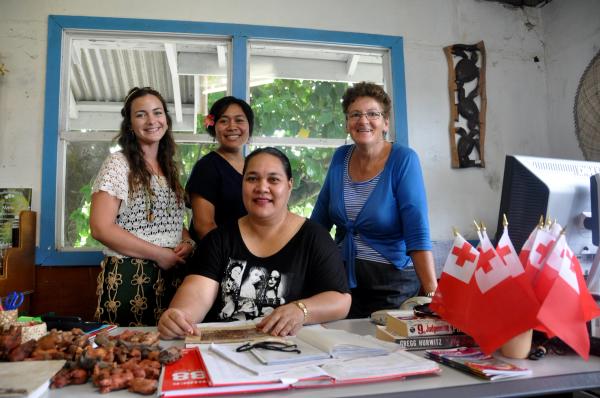

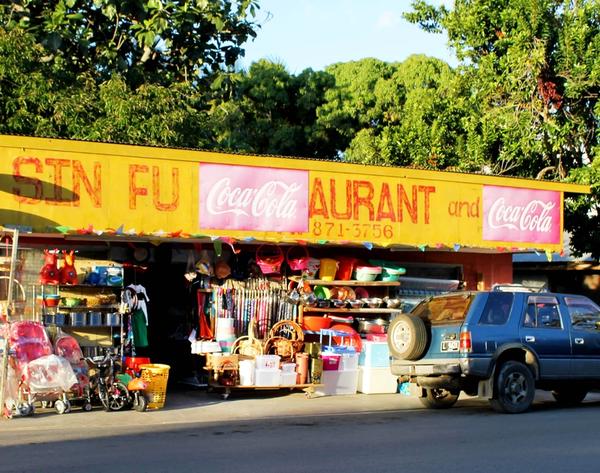

Development challenges
Despite steady progress, Fiji continues to address:
- Youth underemployment and skill development
- Gender-based violence and structural inequality
- Climate-related vulnerabilities
- Rural–urban development gaps
- Balancing modernisation with cultural preservation
VSA’s assignments focus on long-term, sustainable development by working alongside communities and partner organisations committed to social justice and equity.
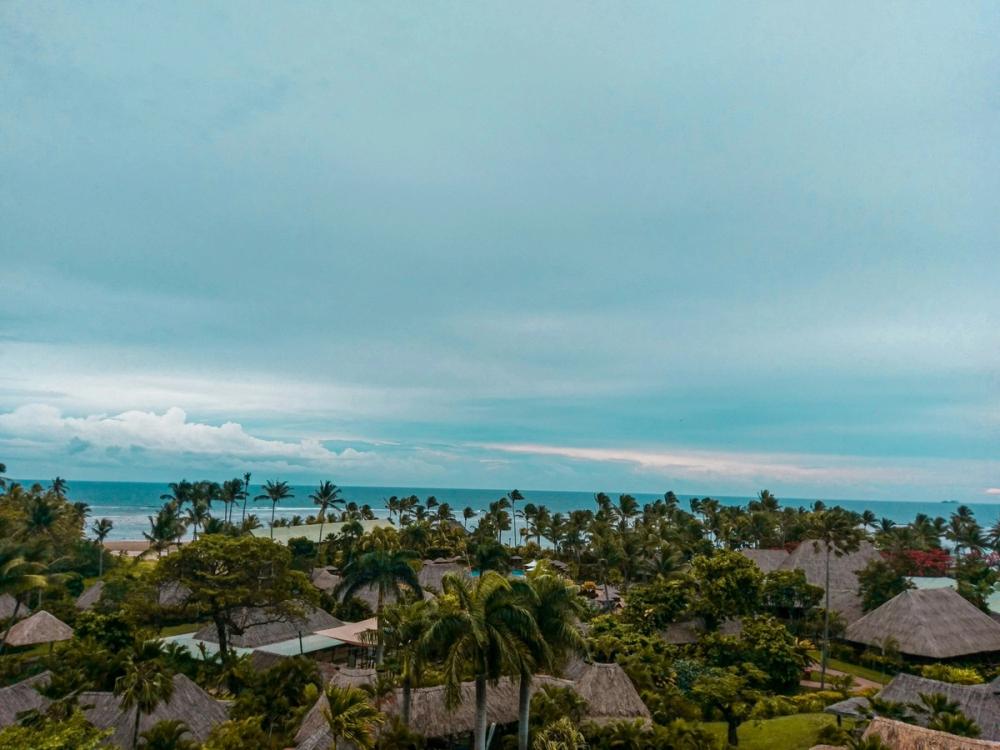

Things to consider when living and volunteering in Fiji
1
Banking and finances
There are many familiar banks in Fiji, including Westpac and ANZ. Long term volunteers who chose to open a bank account, generally use ANZ Suva. VSA will deposit volunteer’s monthly living allowance into their bank account as well as reimbursement for utilities. If your NZ ATM card is linked to the PLUS or Cirrus networks, you can use it in Fiji to obtain cash. It can take quite a while to get a bank account so it is best to plan to have a month’s resources available from other sources.
Fiji is generally a cash based society, so it is recommended to keep a good amount of cash on you as you may come across a number of restaurants, shops, etc that do not accept card. Visit XE.com for current exchange rates.
2
Cell phones and email
Fiji has three main cell phone companies – Vodafone, Digicel and INKK. Coverage is generally good within urban areas but fades quickly as you move to rural locations. Internet connection is good in Suva. Most volunteer workplaces will have some sort of access to the internet and email. Computer, internet and e-mail services are also available at local Internet cafés in Suva town. To use internet at home the best thing is to buy a dongle for around FJD $40 which volunteers can then top up.
3
Dress standards
"Business casual" clothes in New Zealand and in Fiji are slightly different. Lightweight business casual clothes and nice sandals can be useful to volunteers assigned to offices and for other functions until you have a few Fijian outfits made. You won’t really get the opportunity to wear ‘corporate’ wear as the dress code is pretty relaxed and appropriate for the climate and environment. Loose-fitting, light, cotton clothing is best. For men, choose long pants, and short-sleeved shirts. For women, comfortable knee length dresses or skirts for work, cap sleeved tops. Women should wear shorts and a t-shirt while swimming outside of tourist resorts.
Volunteers receive a comprehensive in-country safety briefing through an experienced local provider. Suva and other urban areas are generally safe, though caution is advised when walking alone at night.
4
Language and culture
VSA assignments usually last two years, so local language training is important. We encourage basic language training (iTaukei and Hindi) at the start of assignments with follow-ups if necessary during assignment. Understanding local customs is vital to a successful assignment. Fijians are very friendly. Volunteers respect for their customs and traditions will not only make you a welcome guest in their villages and homes, but add another dimension to your experience. Volunteers will learn more about the diversity of Fijian culture in the in-country orientation.
5
Health
Mosquitoes can be a problem and precautionary measures are recommended such as insect-repellent containing DEET and long sleeves/trousers in the evening if outside. Skin infections can develop quickly so have a good supply of plasters, antibiotic cream and antibiotics. There are two public hospitals in Suva, with smaller medical clinics scattered around the islands.
6
Housing and living conditions
We provide volunteers with safe and securing house. The house will be fully furnished and you will be given a list of items in the house to assist you when packing. Volunteers will have access to telephones, internet, power, and gas for cooking. Accommodation and utilities costs will be covered by VSA.
Some important social activities for Fijians include preparing for a wedding or funeral; opening a church or school; volleyball, soccer, or rugby (Fiji has a strong rugby culture and the country is very supportive of the All Blacks); hosting visiting village members or dignitaries; learning traditional songs and dances for festivals and celebrations; and playing bingo for leisure and/or fundraising for the church. Social activities such as swimming, canoeing, fishing, snorkelling and trekking are popular among volunteers.
Fiji remains largely cash-based. Many shops and restaurants do not accept cards, so carrying cash is essential. The local currency is the Fijian Dollar (FJD).
7
Safety
We contract an experienced organisation to provide all selected volunteers with a thorough security briefing on specific local issues during your in-country orientation. Take care when walking alone at night.
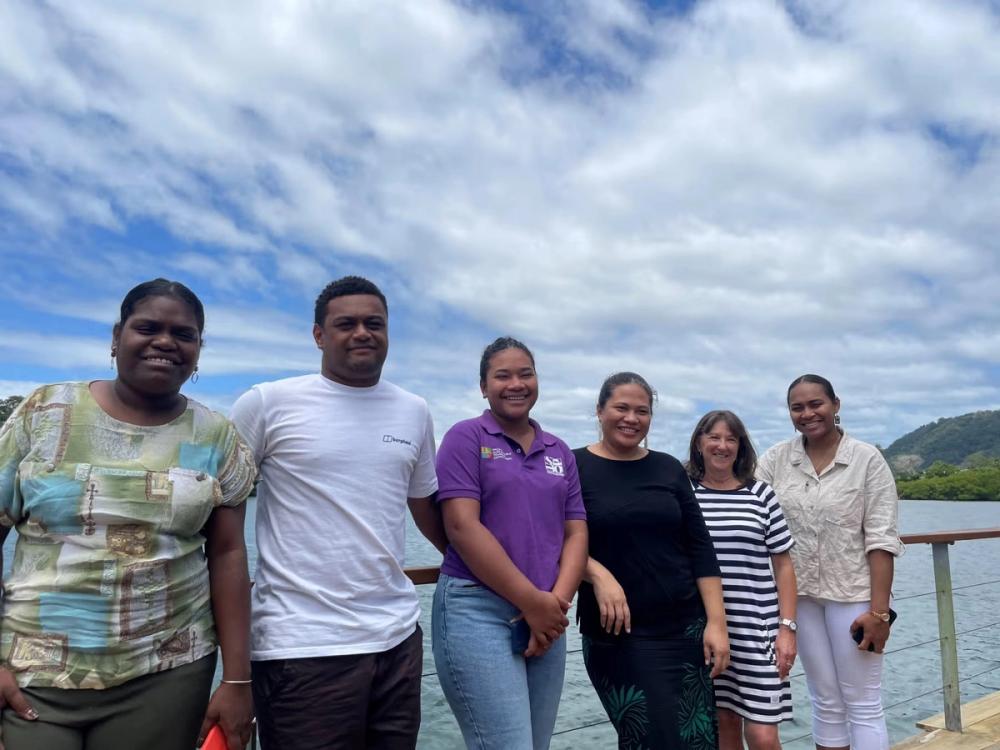

Sustainable Tourism for a Sustainable Pacific—SPTO and its Groundbreaking Initiative
Open positions
Let’s work together to create meaningful change.
Want to become a partner?
We work in partnership with government agencies, NGOs, and community groups to share skills, strengthen systems, and support locally driven development.
If your organisation could benefit from volunteer expertise in areas like education, health, agriculture, governance, or climate resilience—we’d love to hear from you.
